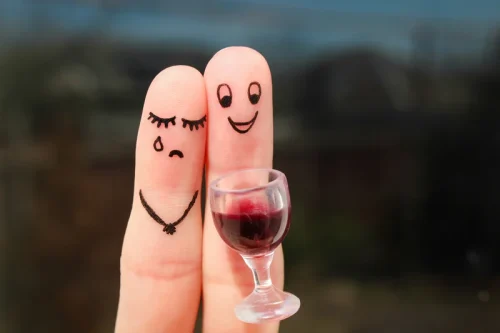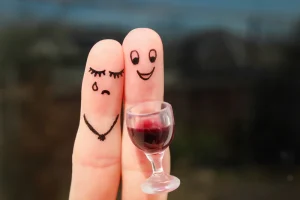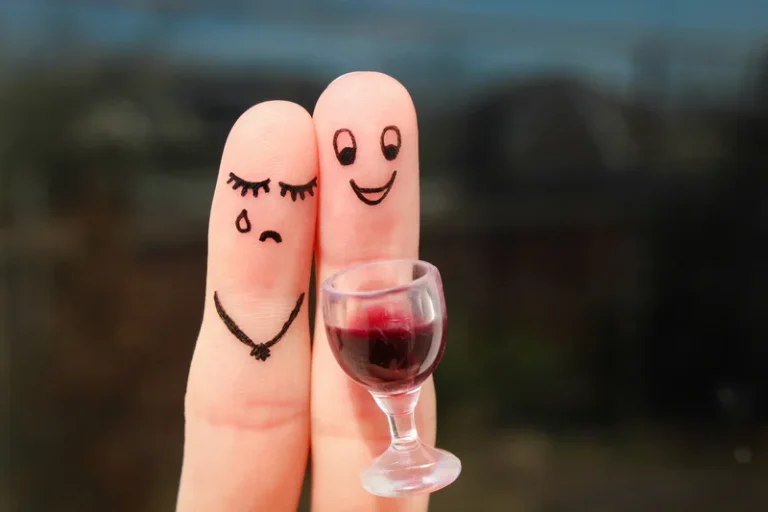
If you are searching for alcohol or drug rehabilitation centers in Cheyenne, Wyoming, there are many resources that are available to you. Understanding the available treatment options—from behavioral therapies and medications to mutual-support groups—is the first step. The important thing is to remain engaged in whatever method you choose.

National Helpline
These medicines can reduce your craving for opioids and may help you avoid relapse. Medicine treatment options for opioid addiction may include buprenorphine, methadone, naltrexone, and a combination of buprenorphine and naloxone. Although there’s no cure for drug addiction, treatment options can help you overcome an addiction and stay drug-free. Your treatment depends on the drug used and any related medical or mental health disorders you may have. Ideally, health care providers will one day be able to identify which AUD treatment is most effective for each person. The National Institute on Alcohol Abuse and Alcoholism (NIAAA) is supporting research to identify genetic, behavioral, and other factors that can predict how well someone will respond to a particular treatment.
- Confidential help for employees and their families to resolve substance misuse and drug testing issues.
- For some people, it may be safe to undergo withdrawal therapy on an outpatient basis.
- More often, people try to quit or cut back over time, experience recurrences, learn from them, and then continue on their recovery journey.
- It may help to get an independent perspective from someone you trust and who knows you well.
- It may also be helpful to determine whether the treatment will be adapted to meet changing needs as they arise.
- Regardless of where or how you seek treatment, it’s important to look for approaches that are “evidence-based.” This means the treatments are backed by large, well-designed studies.
Early Serious Mental Illness Treatment Locator
Action involves actively modifying behavior by making specific, observable changes to address the addictive behavior. “When you read the evaluations, people often expressed the sentiment that, ‘I can’t believe it was law enforcement that introduced me to recovery.’ That’s what I’m most proud of,” Balles said in a Penn State news release. Compared to participants who completed the program, those who failed were 3.6 times more likely to be arrested and 21 times more likely to be jailed within 12 months. Those who failed to engage in it were 3.9 times more likely to be arrested and 10.3 times more likely to be jailed, according to the study.
Opioid Treatment Program Directory
The transtheoretical model can be helpful in guiding development of tailored behavioral interventions that can promote lasting change. Progression through these stages may not always follow a linear path, as individuals may move back and forth between stages. Resistance to change is recognized as an expected part of the process.
- CDC researchers concluded it costs U.S. employers $35 billion annually in medical expenditures.
- SAMHSA and DEA are actively working to develop further guidance related to these changes.
- Follow-up care can include periodic appointments with your counselor, continuing in a self-help program or attending a regular group session.
- The newer types of these medications work by offsetting changes in the brain caused by AUD.
- Contemplation is the stage in which individuals become aware of the problems caused by their addiction and are considering change.
An Ongoing Process

Diagnosing drug addiction (substance use disorder) requires a thorough evaluation and often includes an assessment by a psychiatrist, a psychologist, or a licensed alcohol and drug counselor. Blood, urine or other lab tests are used to assess drug use, but they’re not a diagnostic test for addiction. However, these tests may be used for monitoring treatment and recovery. “We thought that responding to drug use-related crime may serve as a point of intervention to facilitate addiction treatment, which we know is effective in improving health and lives and in reducing crime.” Unlike Narcotics Anonymous, Alcoholics Anonymous and other 12-step groups, SMART Recovery provides an alternative approach.


CARE Court is a first-in-the-nation approach to create accountability for connecting individuals with untreated psychosis to the treatment and housing they need. Under CARE Court, families, first responders, health care providers, and others are able to take action and file a petition with their local CARE Court to help people with untreated schizophrenia spectrum or psychotic disorders get treatment and housing. As of August, CARE courts in nine counties are helping more than 700 people get treatment and housing – often in response to petitions filed by a family member. A number of health conditions can often go hand in hand with AUD.
- While naloxone has been on the market for years, a nasal spray (Narcan, Kloxxado) and an injectable form are now available, though they can be very expensive.
- After a successful launch with a Fortune 50 employer which sought Carrum’s help, the program is now being launched nationally and the majority of Carrum’s current and new clients are offering the benefit to their employee populations beginning January 2025.
- The experts at Hazelden Betty Ford have developed the recovery field’s most trusted and comprehensive care for you and your family.
- Even after you’ve completed initial treatment, ongoing treatment and support can help prevent a relapse.
- They are allowed to live at home in a stable, drug-free environment, and they attend for rehabilitation activities for 10 to 15 hours a week.
- After the individual receives personalized feedback, the counselor will work with them to set goals and provide ideas for helping to make a change.
Here for you. Every Step of the Way.
This strategic expansion is hyper focused on tackling a pervasive, deep rooted societal problem which substance abuse in older adults has grown to epidemic proportions. CDC researchers concluded it costs U.S. employers $35 billion annually in medical expenditures. Based on clinical experience, many health care providers believe that support from friends and family members is important in overcoming alcohol problems.
Find Evidence-Based Practices
Matching the right therapy to the individual is important to its success. It may also be helpful to determine whether the treatment will be adapted to meet changing needs as they arise. Currently, there are three medications approved for AUD in the United States, and they are an effective and important aid in the treatment of people with this condition. Some people are surprised to learn that there are medications on the market approved to treat AUD.